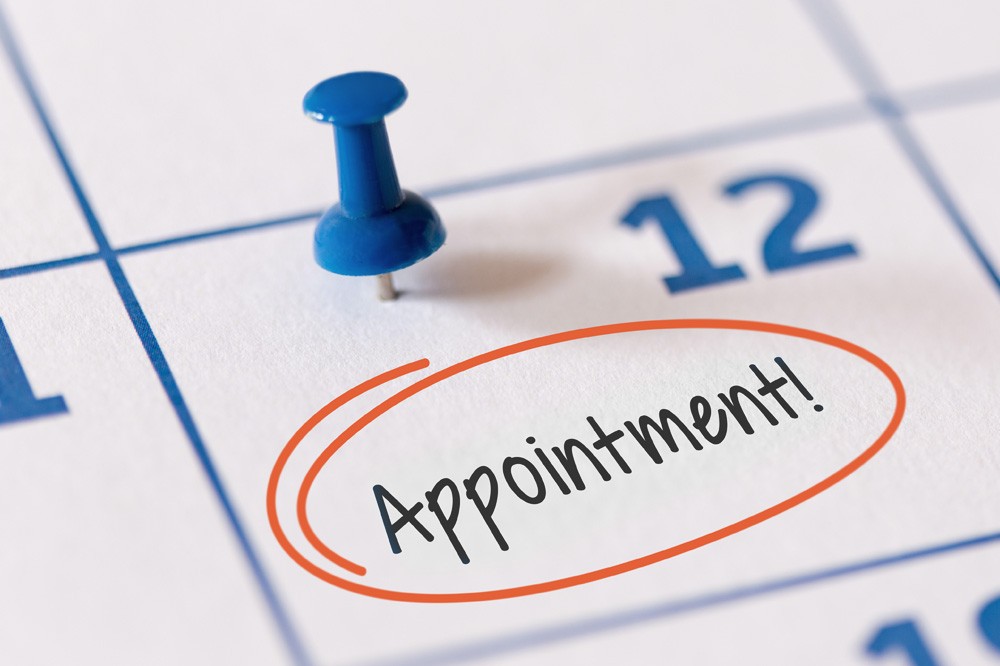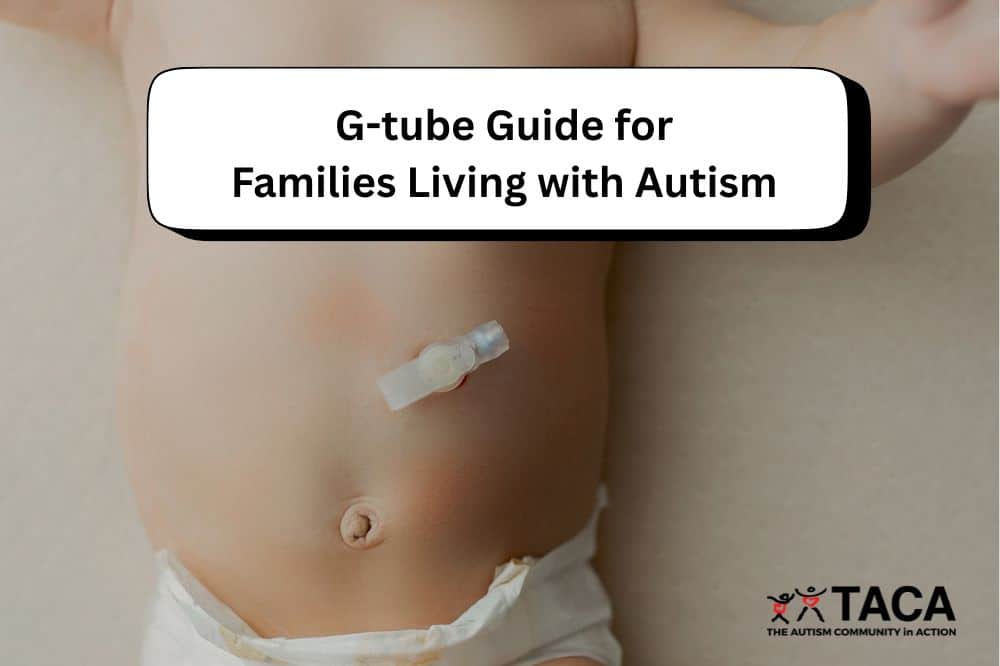I Think My Child May Have Autism: How to Get a Diagnosis

All contents of this resource were created for informational purposes only and are not intended to be a substitute for professional advice, diagnosis, or treatment. Always seek the advice of your physician, therapist, or other qualified health providers with any questions or concerns you may have.
If you think your child has autism or your child is showing signs or symptoms of autism, it is important to have them screened. The sooner your child receives a diagnosis, the sooner they can begin needed services which can improve their outcome and quality of life.
This article will give you information about the screening and assessment processes, including:
- How to prepare for your appointment(s)
- What to do during your appointment(s)
- Answers to frequently asked questions, such as what to do if a doctor or school tells you to “wait and see”
For details about the diagnostic criteria for autism, click here.
Screening vs. Assessment

Developmental Screenings
Developmental screenings are brief, informal evaluations to identify children who are at risk for developmental delays and need further evaluation. Doctors, nurses, or other professionals in healthcare, community, or school settings can perform developmental screenings.
During the screening process, your child will undergo a brief test while you complete a questionnaire. The results will help determine if your child needs to see a specialist for further evaluation.
Developmental Assessments
If areas of concern are identified in the screening process, your child will need a formal, in depth developmental assessment. Please note, developmental assessments are conducted by a trained specialist or a team of trained specialists, such as:
- Developmental Pediatricians
- Psychologists
- Psychiatrists
- Neurologists
- Occupational Therapists
- Speech-Language Pathologists
Many specialists have wait lists, so you will want to call and schedule an appointment for a developmental assessment immediately following your referral.
How To Get an Appointment for a Screening and/or Assessment

There are a number of ways to begin the evaluation process. One way is through your child’s pediatrician. Another way is through your state’s Early Childhood Intervention Program (ECI).
Your Child’s Pediatrician
To go through your child’s pediatrician, contact them to inform them you are concerned about your child’s development, and need a developmental screening.
If your child’s pediatrician identifies areas of concern during the screening process, they should refer you to a trained specialist (developmental pediatrician, neurologist, psychiatrist, or psychologist) for further evaluation in an autism assessment.
Your State’s Child Find Program
Another option is to obtain an evaluation and diagnosis through your state’s Child Find program. Child Find is a provision under the Individuals with Disabilities Education Act (IDEA) that requires states to find and evaluate kids with disabilities at no extra cost to families.
Your child’s age will determine how you go about scheduling an appointment for an evaluation through Child Find:
- Children Under 3:
- Contact your state’s Early Childhood Intervention (ECI) program
- Find your state’s ECI contact information here
- Contact your state’s Early Childhood Intervention (ECI) program
- Children Over 3:
- First, contact your local public school and ask where to send a request for evaluation
- Then, send a formal request for an evaluation via certified mail with a return receipt
- Provide details about why you feel your child needs an evaluation
- For example, “I am asking that you evaluate my child for autism because they are showing the following symptoms…”
- Give consent for evaluation in your formal request (the school cannot evaluate your child without your consent)
- Provide details about why you feel your child needs an evaluation
Before Your Appointment

Preparing for your appointment paves the way for effective advocacy for your child and helps ensure they receive a thorough evaluation. You can prepare for your appointment by:
- Compiling a list of questions and concerns to discuss with your doctor or the person who will be evaluating your child
- Collecting video data of your child doing any concerning behaviors that you feel your child may not engage in during an assessment
- Completing a milestones checklist. Some free options include:
- The CDC’s “Learn the Signs. Act Early.” website has printable and digital trackers
- Modified Checklist for Autism in Toddlers (M-CHAT)
- Autism Treatment Evaluation Checklist (ATEC)
- Completing any surveys or questionnaires given to you by your child’s doctor or ECI office
- Be sure to do this 3-5 days before your appointment to allow for ample time for completion
- Calling your insurance company to verify coverage and any out-of-pocket expenses that you might incur
- Screenings and assessments through state’s ECI program should be free of charge (see above)
During Your Appointment

During the screening and assessment processes, your child will complete some simple tests that may look like play. As the parent, you will answer questions about your child’s development and behaviors.
During your appointment, go over your completed milestone checklists and/or M-CHAT with your doctor. Point out all of the missed or delayed milestones. Most importantly, accurately describe concerns and issues. Do not “sugar coat” or downplay any delays. Minimizing or downplaying answers will not help your child in the long run. Also, don’t be afraid to speak up. Your input is invaluable throughout this process!
Remember, screenings are brief, informal, and may look like a well-child visit. However, their informal nature doesn’t excuse the person conducting the screening from taking this process seriously. Your concerns should never be dismissed. If the person screening your child tells you to “wait and see” or suggests this a “just a stage” your child will grow out of, go and get a second opinion! Always listen to your intuition.
Developmental assessments, on the other hand, are more comprehensive and in-depth than screenings. Because they can take a long time to complete, the professional or team of professionals assessing your child may break up the process into several different appointments.
Please note, in order to ensure your child receives a comprehensive assessment, they need to be observed in a number of different settings. Doing so will help the professional(s) assessing your child obtain an understanding of how they behave in various environments. Depending on your child’s comfort level, you may be asked to be in the room with your child, view the from an observation room, or remain in the waiting room.
Frequently Asked Questions
Resources
- Signs and Symptoms of Autism (in both English and Spanish)
- How to contact your state’s Early Childhood Intervention Program
- Find additional information and tools (in both English and Spanish) for navigating the diagnostic process on the CDC’s website.




